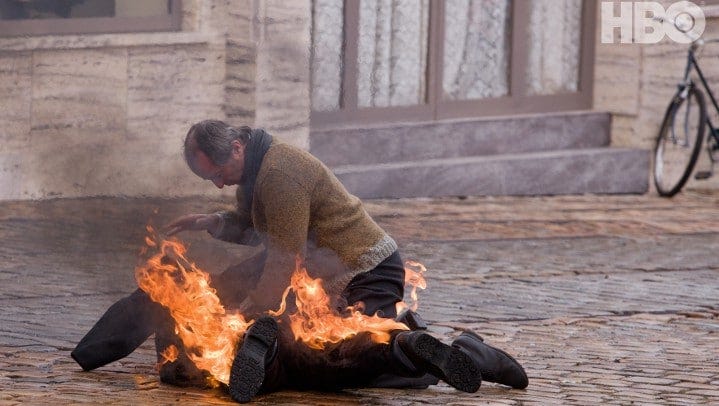‘Burning Bush’ Review

Jan Palach’s role on the world stage was brief. On January 16th, 1969, five months after the Soviet invasion of Czechoslovakia, he committed suicide by self-immolation in Prague’s Wenceslas Square. The political and cultural thaw of Prague Spring, a near-revolution of peaceful reform, had been destroyed by Leonid Brezhnev’s tanks, and the youth of Czech…



